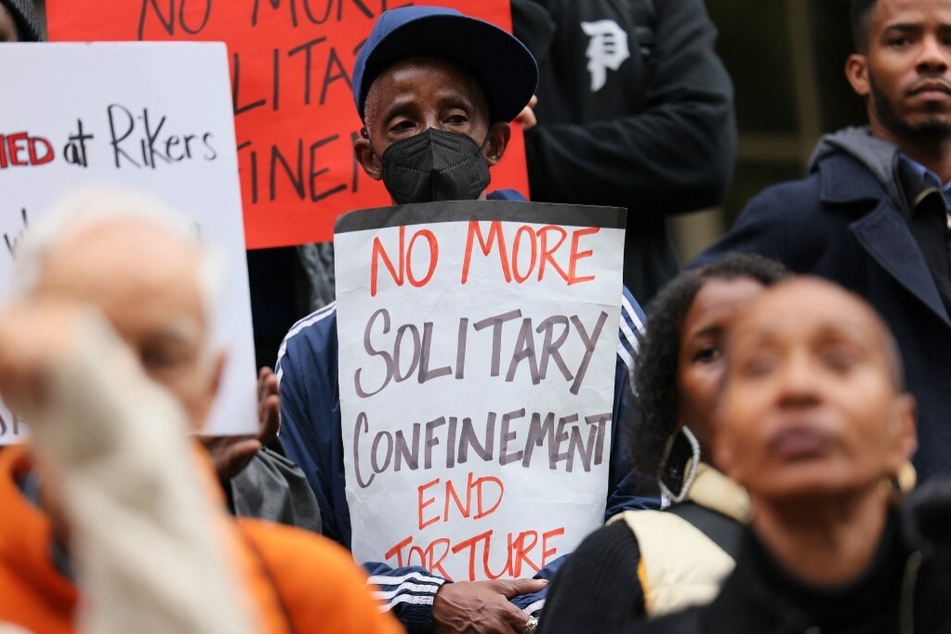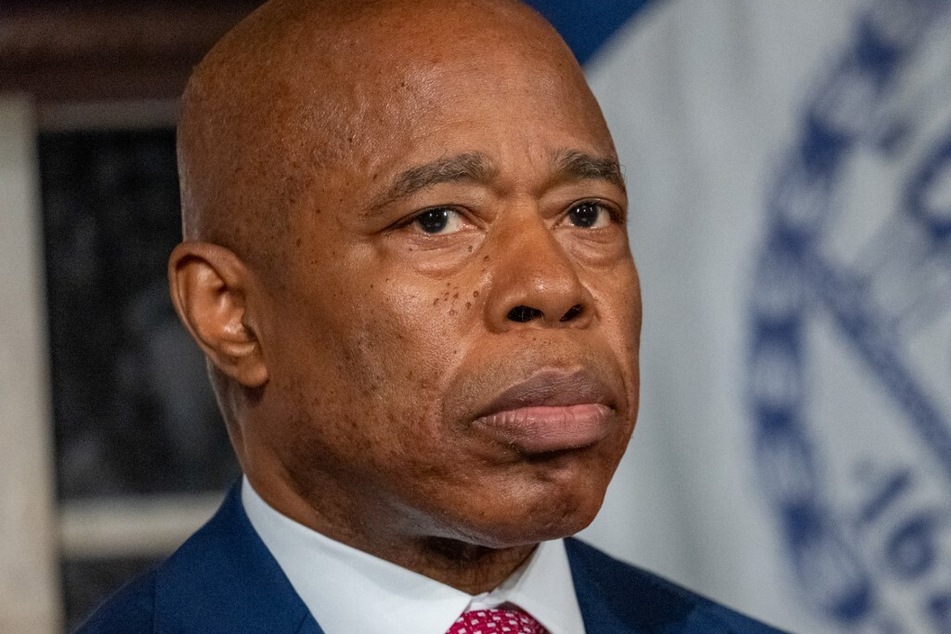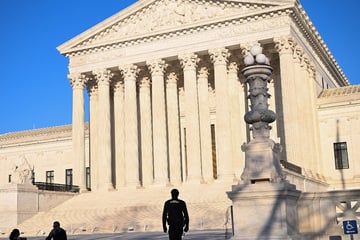New York City Council votes to ban solitary confinement in jails
New York, New York - The New York City Council on Wednesday voted 39-7 to ban most uses of solitary confinement in local jails.

Sponsored by NYC Public Advocate Jumaane Williams, the City Council bill would bar the city from placing people in solitary for more than eight hours to sleep at night or two hours during the day.
The limit would be raised to four hours in cases of an emergency lock-in or for purposes of "deescalation confinement," which refers to holding a person after they have caused physical injury or if they pose a credible safety threat to others.
The measure comes amid growing concerns over a string of deaths and horrific abuses at the Rikers Island pre-trial detention center, described by advocates as a continuation of the US' legacy of enslavement.
The vote happened just one day after Governor Kathy Hochul signed a bill to create a New York State reparations commission to reckon with ongoing racial discrimination, including mass incarceration.
Mayor Eric Adams opposes solitary confinement ban

International experts have described solitary confinement, disparately used against racial minorities, as a form of torture.
Nevertheless, Mayor Eric Adams, a former NYPD captain, opposes the effort to restrict the cruel practice.
Charles Lutvak, a spokesperson for the mayor, has claimed, "Instead of promoting a humane environment within our jails, the Council’s bill would foster an environment of fear and instability."
Even if Adams moves to veto the ban, the measure appears to have the two-thirds support in the City Council necessary to override him.
The Columbia University Center for Justice released a report on Monday revealing that solitary is still very much in use in New York under the guise of labels like "structurally restrictive housing," "de-escalation confinement," and "enhanced supervision housing."
At the national level, Representative Cori Bush in July introduced legislation to ban solitary confinement in federal prisons and detention facilities and create incentives for states and localities to follow suit.
Cover photo: MICHAEL M. SANTIAGO / GETTY IMAGES NORTH AMERICA / GETTY IMAGES VIA AFP

